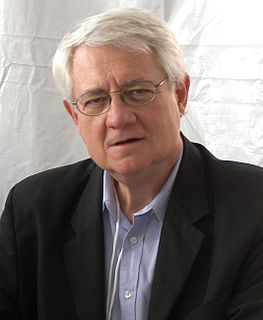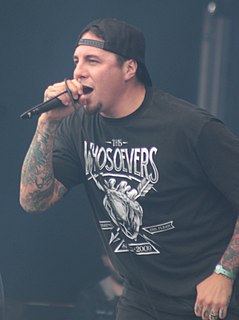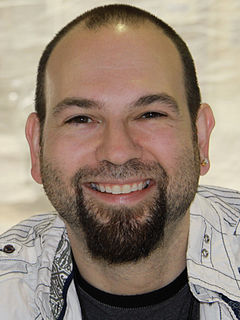A Quote by Roy Blount, Jr.
We don't want bookstores to die. Authors need them, and so do neighborhoods.
Quote Topics
Related Quotes
The schools that suffer are the schools in, in poor neighborhoods. They are the neighborhoods with the greatest need, with the parents struggling to work and to make ends meet. They don't have enough resources to give, they don't have enough resources to pay more, and these are the neighborhoods that go first.
I am a big fan of the electronic book. I hate to see the old bookstores close, but they have to reinvent themselves. I believe the First Edition bookstore will be the next thing. People will read electronically, then decide they want to own that book. The author will then be invited to the old bookstores to sign. I think books will always be with us, but they will fill a different need.
I don't want to die in pain or in an undignified way, I don't want any of the people I love to die in, die painfully. But I'm aware of the fact that they may die before I do and I have to part with them and take the loss. The hardest thing of love is to let go. But I think I can get let go of almost anybody.
At first critics classified authors as Ancients, that is to say, Greek and Latin authors, and Moderns, that is to say, every post-Classical Author. Then they classified them by eras, the Augustans, the Victorians, etc., and now they classify them by decades, the writers of the '30's, '40's, etc. Very soon, it seems, they will be labeling authors, like automobiles, by the year.






































